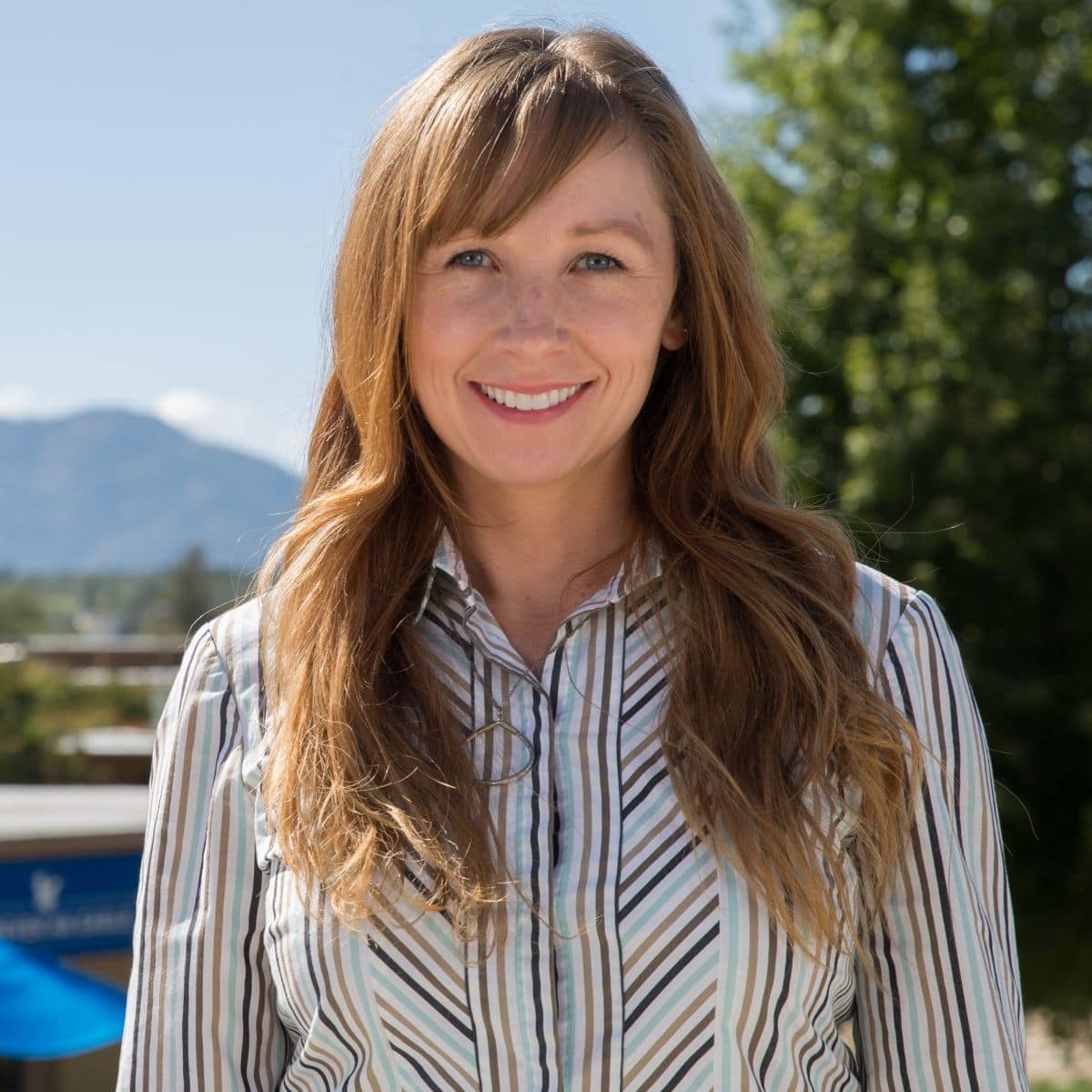

The Benefits of Becoming an Eagle

Want to learn more about the Embry‑Riddle experience? Get the inside scoop from Dr. Hillary Eaton, associate professor and program chair of Forensic Biology at our Prescott Campus.
How do students at Embry‑Riddle benefit from networking with faculty?
Most of the faculty at Embry‑Riddle have come from government or industry as experts in our fields, and this brings contacts for students for internships and/or employment opportunities.
Do you have any examples of students you’ve helped make connections in the industry?
I encourage all of my graduates to connect with me on LinkedIn so they can have access to my network. I also encourage all Forensic Biology seniors to attend the American Academy of Forensic Sciences Annual Conference with me, where they can network and attend job fairs where they are interviewed on the spot.
I have had quite a few students attend with me each year, and it has been a beneficial experience for all of them. Career Services tries to bring relevant employers to the campus for each program annually so that students can interview for internships and employment.
How do class sizes influence how students learn?
Our largest classes on the Prescott campus are about 60 students and labs are 25. This allows for more one-on-one interaction with the faculty teaching the courses and other students.
Smaller lab classes lead to more hands-on time for each student with instruments and techniques to help give them an edge over students coming from larger universities for either internships, employment or higher education opportunities.
Do you have any tips for students in high school who are preparing for college?
Check to see what the pre-requisite and recommended high school coursework is for the program to which you are applying to ensure you are adequately prepared. Come with an open mind, as college is not a continuation of high school.
Learn more about Dr. Hillary Eaton
Dr. Eaton is the Program Chair of Forensic Biology. She has enjoyed a career as a research microbiologist in both academia and government agencies. Her research interests are in environmental, microbial and wildlife forensics. Dr. Eaton teaches courses such as Forensic DNA Analysis, Microbiology and Molecular and Cell Biology.

